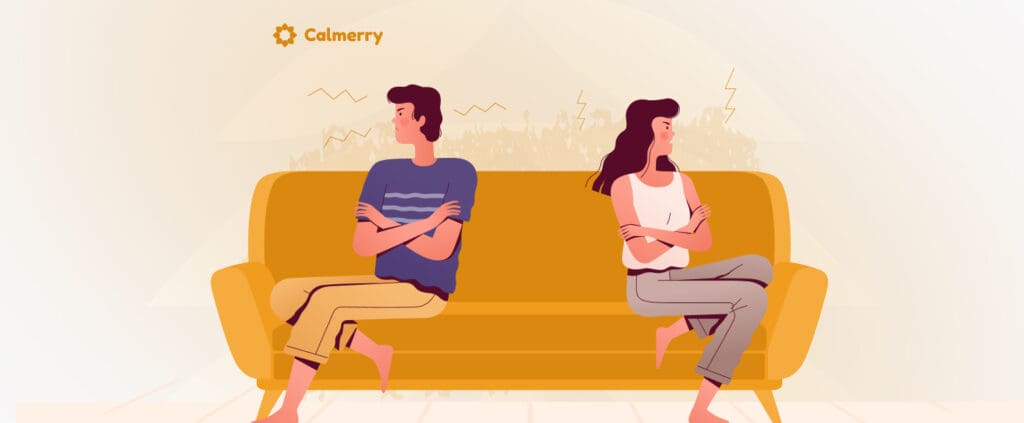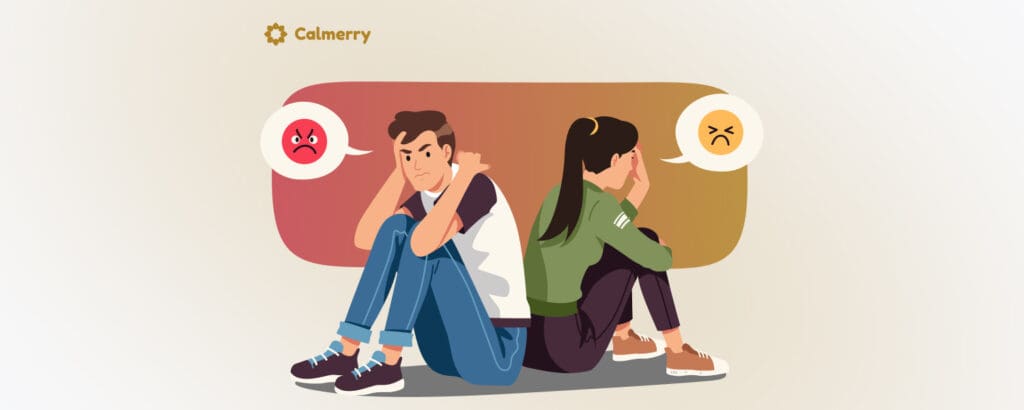Why Do I Hate My Boyfriend?
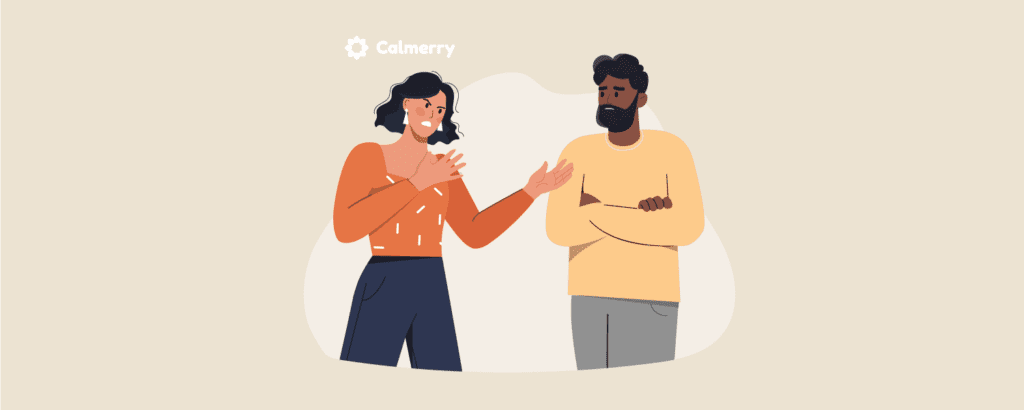
In this article
At first glance, the title might seem like a contradiction. How can you hate someone you love at the same time?
But relationships can be complicated and don’t have to be perfect to be healthy, contrary to what many romantic comedies want you to believe.
Experiencing negative feelings toward your partner doesn’t necessarily mean you should end the relationship. In fact, feeling like you hate your boyfriend is a fairly common experience in relationships.
Is it normal to hate your boyfriend?
If the thought “I hate my partner” has ever crossed your mind, you aren’t alone. In a 2014’s experiment, researchers investigated implicit feelings participants had toward their significant others by asking them to classify words into negative and positive categories after seeing their partner’s name pop up on the screen.
Even if a participant initially reported experiencing positive feelings about their partner, they were as quick to categorize words into negative categories as into positive categories.
It means that people in loving relationships might experience negative emotions without being conscious of them.
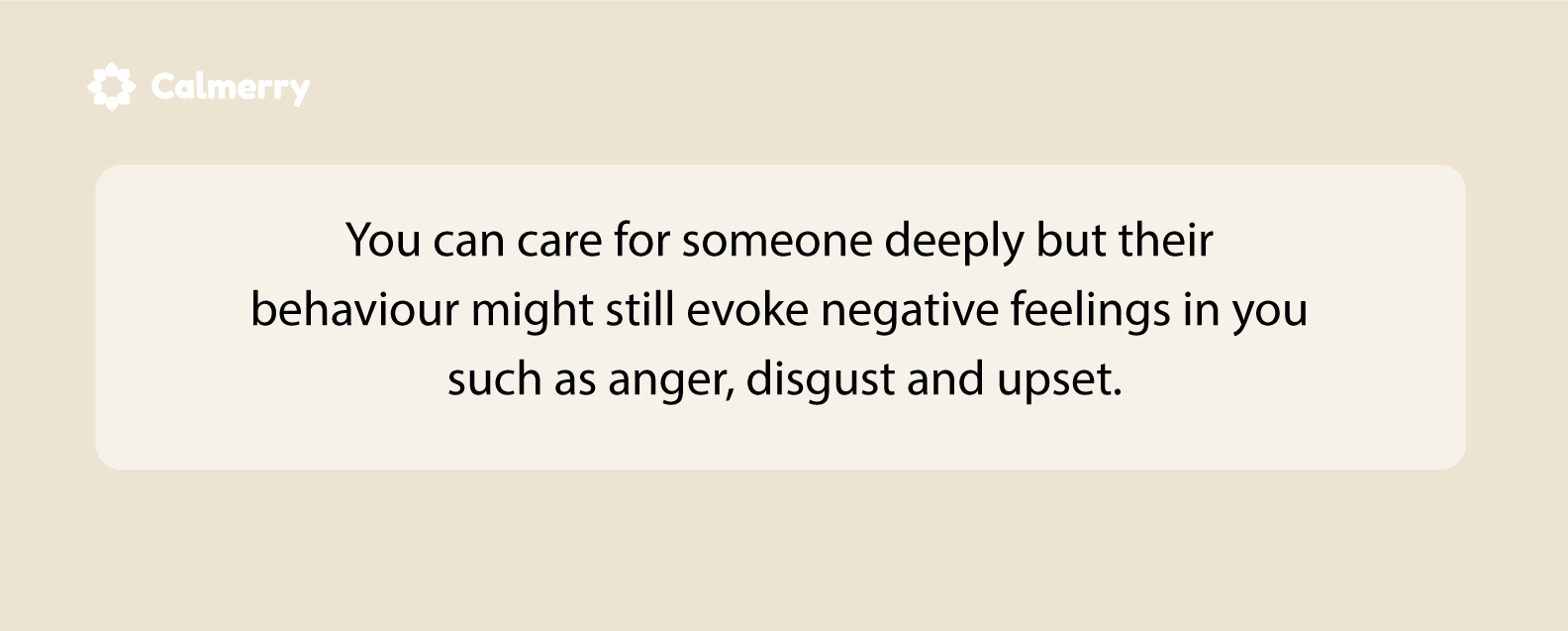
While feeling hate for your partner might not seem ideal, it’s completely normal. It’s impossible to experience only positive emotions about anything in life, and intimate relationships are no exception.
You can care deeply for someone, yet still experience negative feelings such as anger, disgust, and upset, which might not necessarily be connected to their behavior or presence.
Additionally, even though you sometimes feel like you hate your boyfriend, there might be other emotions underneath that you aren’t fully aware of.
For example, shouting that you hate them during an argument might just be a reaction to feeling hurt. In any case, not always feeling love for your boyfriend doesn’t necessarily mean your relationship is doomed or you’re doing anything wrong.
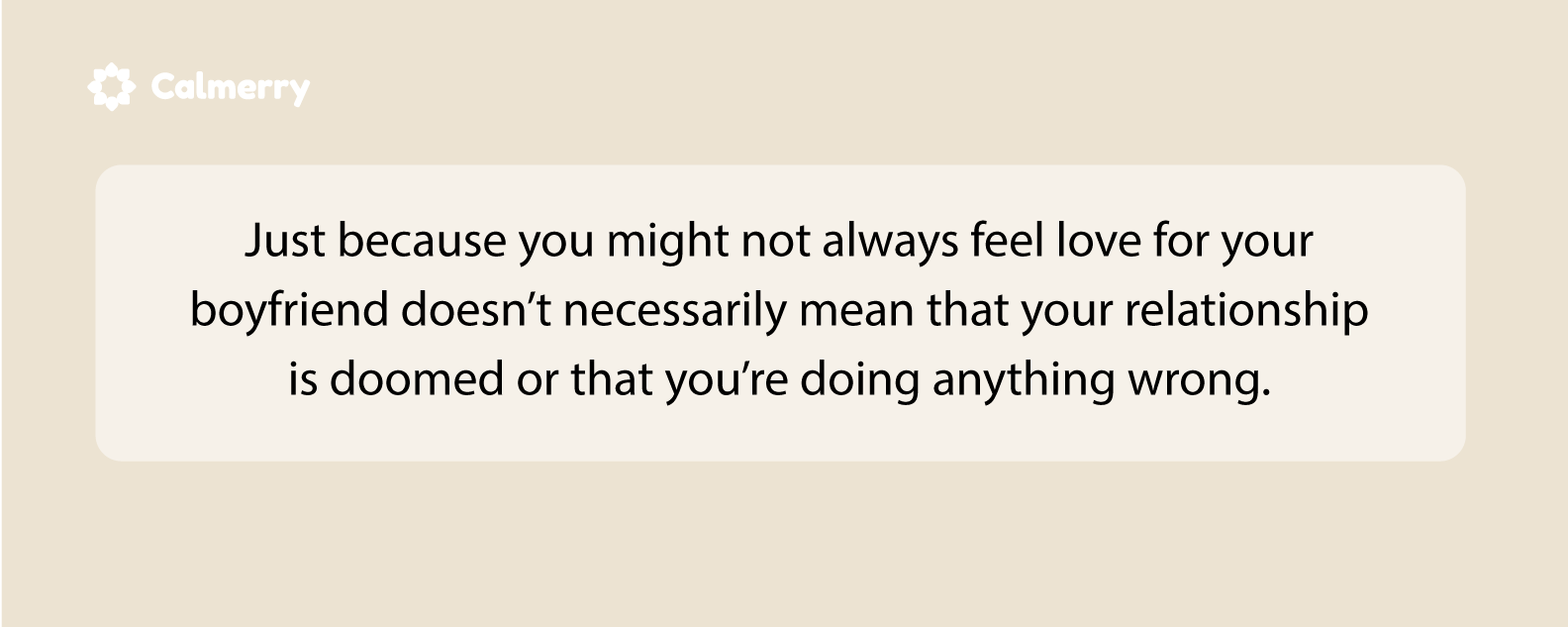
Do I hate my boyfriend? What’s behind this exactly?
As you may have noticed, we used other words to describe the feeling of “hate”: anger, disgust, and upset. Here are some signs that can help identify if you might be experiencing hate toward your partner, along with what exactly can describe these experiences:
- Constant irritation: feeling irritated by almost everything your partner does, even minor actions that wouldn’t usually bother you.
- Lack of affection: not wanting to show affection or be affectionate towards your partner, and feeling repelled by physical closeness.
- Avoidance: frequently avoiding spending time with your partner and finding excuses to be apart.
- Negative thoughts: consistently having negative thoughts about your partner, focusing on their flaws and shortcomings.
- Frequent arguments: engaging in constant arguments and conflicts, often over trivial matters.
- Emotional withdrawal: feeling emotionally distant and disconnected and not wanting to share your feelings or experiences with your partner.
- Resentment: holding onto past grievances and feeling a sense of ongoing resentment and bitterness.
- Lack of enjoyment: no longer enjoying activities or moments you used to enjoy together, feeling bored or disinterested in their company.
- Hostile behavior: exhibiting hostile or passive-aggressive behavior towards your partner, such as sarcasm or silent treatment.
- Daydreaming about separation: frequently fantasizing about life without your partner or considering ending the relationship.
But why do I hate my boyfriend? 16 potential reasons
Feeling hate toward your boyfriend can stem from various underlying reasons:
- Unresolved conflicts: lingering disagreements can build up over time, leading to resentment and negative emotions.
- Unmet needs: if your emotional or physical needs are not being met in the relationship, it can lead to frustration and feelings of neglect.
- Stress and external factors: personal stressors, such as work pressure or family issues, can spill over into your relationship, amplifying negative feelings toward your partner.
- Communication breakdown: poor communication can lead to misunderstandings and misinterpretations, fostering anger and frustration.
- Differences in expectations: when your expectations of the relationship or your partner are not met, it can lead to disappointment and resentment.
- Personal issues: sometimes, the feelings of hate might not be directly related to your partner but rather to personal issues, such as past traumas or insecurities, projected onto the relationship.
- Unresolved trauma: personal trauma or past relationship experiences can impact your current relationship, causing you to react strongly to certain behaviors or situations.
- Compatibility issues: fundamental differences in values, goals, or lifestyles can lead to ongoing friction and dissatisfaction.
- Power imbalance: if one partner feels consistently overpowered or dominated by the other, it can create feelings of resentment and animosity.
- Lack of personal space: spending too much time together without adequate personal space or independence can lead to feelings of suffocation and irritation.
- Emotional withdrawal: if your partner is emotionally unavailable or distant, it can create feelings of abandonment and hurt, which may manifest as hate.
- Insecurity and jealousy: feelings of insecurity or jealousy within the relationship can lead to negative emotions and conflict.
- Poor conflict resolution: if conflicts are not handled constructively, it can lead to a buildup of negative emotions and unresolved issues.
- Changing dynamics: as individuals grow and change, relationship dynamics can shift, leading to feelings of disconnect or frustration.
- Projection: sometimes, feelings of self-doubt or self-hate can be projected onto a partner, leading to misplaced negative emotions.
- Cultural or social pressures: external pressures and expectations from family, friends, or society can add stress to the relationship, exacerbating negative feelings.
How to cope with negative emotions toward your partner?
Even though those feelings are normal, they might still be upsetting to experience and make you wonder if it’s you or the relationship. If you’re worried, there are plenty of ways to cope with feeling hate towards your boyfriend.
Learn to recognize your emotions and accept them
In most cases, what you feel toward your boyfriend isn’t deeply rooted hate but another emotion that comes from an unresolved conflict or is difficult to identify.
To become more attuned to your mental state, try to get used to sitting down with your thoughts by simply focusing on your breath and observing what’s going through your mind.
You might find out you’re feeling betrayed because your boyfriend chose to hang out with their friends rather than spend time with you.
You may feel upset because they keep crossing your boundaries or feel like your needs aren’t being met for any other reason.
Becoming aware of what you experience can help you accept those emotions, which is the first step to resolving the problem and improving your relationship.
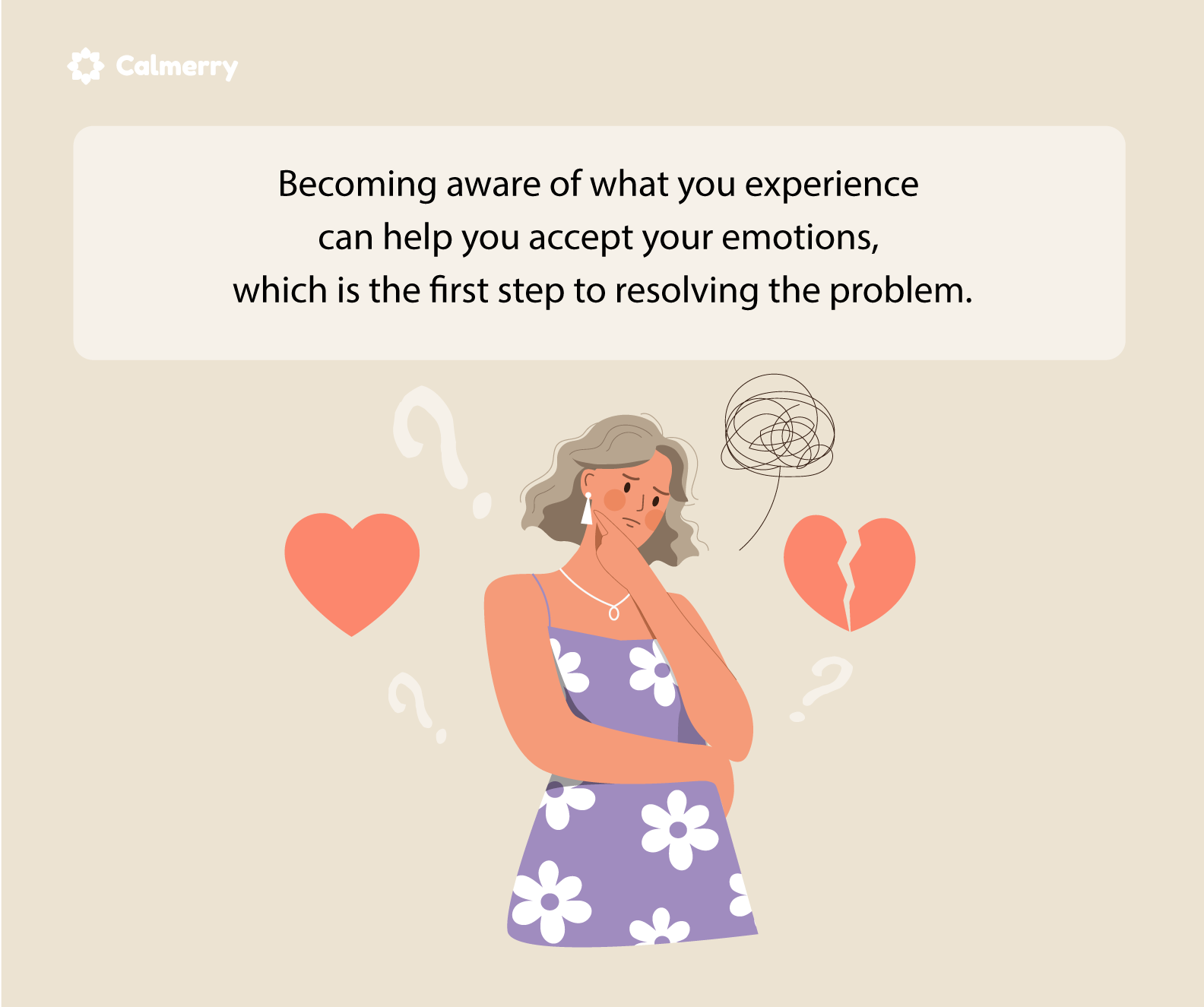
Consider what might be triggering your emotions
Once you’ve learned how to pay attention to your thoughts and emotions, you’ll be able to recognize which behaviors trigger these kinds of feelings. However, instead of asking yourself, “Why do I hate my boyfriend all of a sudden?” it’s also important to dig deeper and consider why you might find certain behaviors upsetting.
For example, you might be afraid of being abandoned because you were hurt by previous partners and every time your boyfriend fails to respond to your text, that fear is being triggered.
Being aware of why you feel the way you do can help you deepen your relationship with your partner and prevent future arguments.
You can gain some clarity by experimenting with the “word association” exercise. Picture the scenario that makes you feel like you hate your boyfriend and try to identify words that resurface in your mind when you do.
If you find it difficult to pinpoint why you feel this way, it’s worth looking into therapy. Working with the right therapist can help you make sense of your emotions, improve your self-esteem, and teach you coping skills that allow you to enjoy your relationship more.
Work on your communication skills
Did you know that according to multiple studies, conflict in relationships can be beneficial and even predict higher satisfaction? That is, as long as partners are ready to work through their differences and refuse to ignore the problem.
Instead of making your habit of keeping it all in and acting passive-aggressive by giving your boyfriend a silent treatment or resorting to having angry sex as a distraction, learn how to talk about your emotions.
Even though opening up might seem scary and make you feel out of control, communication is a part of every healthy relationship.
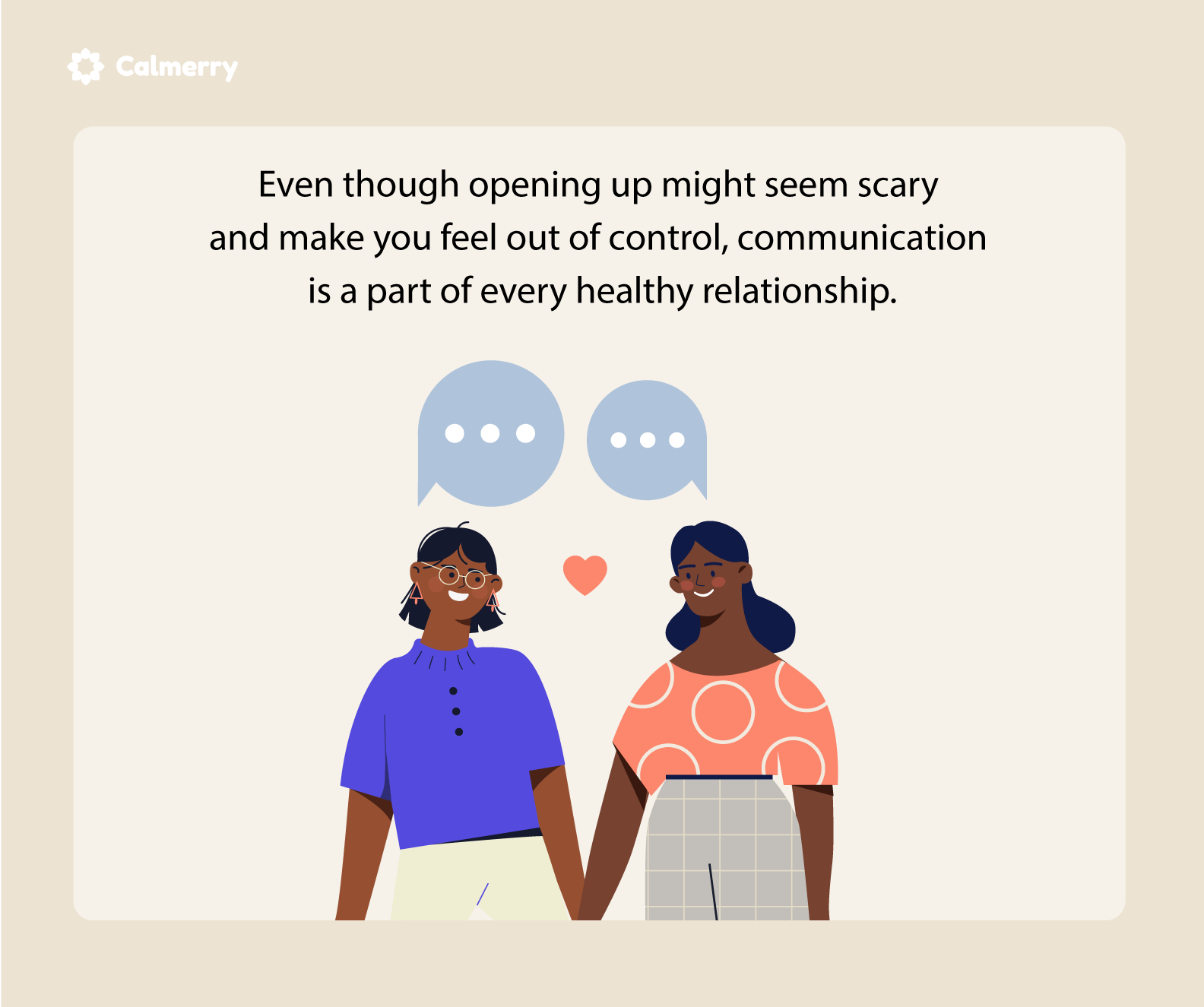
Make sure you choose the right time to talk when both of you have enough time to resolve the problem. To avoid turning a conversation into an argument, remember not to use accusatory language and try to begin every sentence with “I”, for example, “I feel abandoned when you’re online but don’t answer my texts.”
When you’re hurt, it’s easy to blame your partner for what you think they do wrong. But remember that, to make a relationship work, both parties have to make an effort, which often involves becoming more understanding of each other’s shortcomings.
At the same time, don’t be afraid to be assertive and set boundaries. Explain to your boyfriend how you’d like his behavior to change and why.
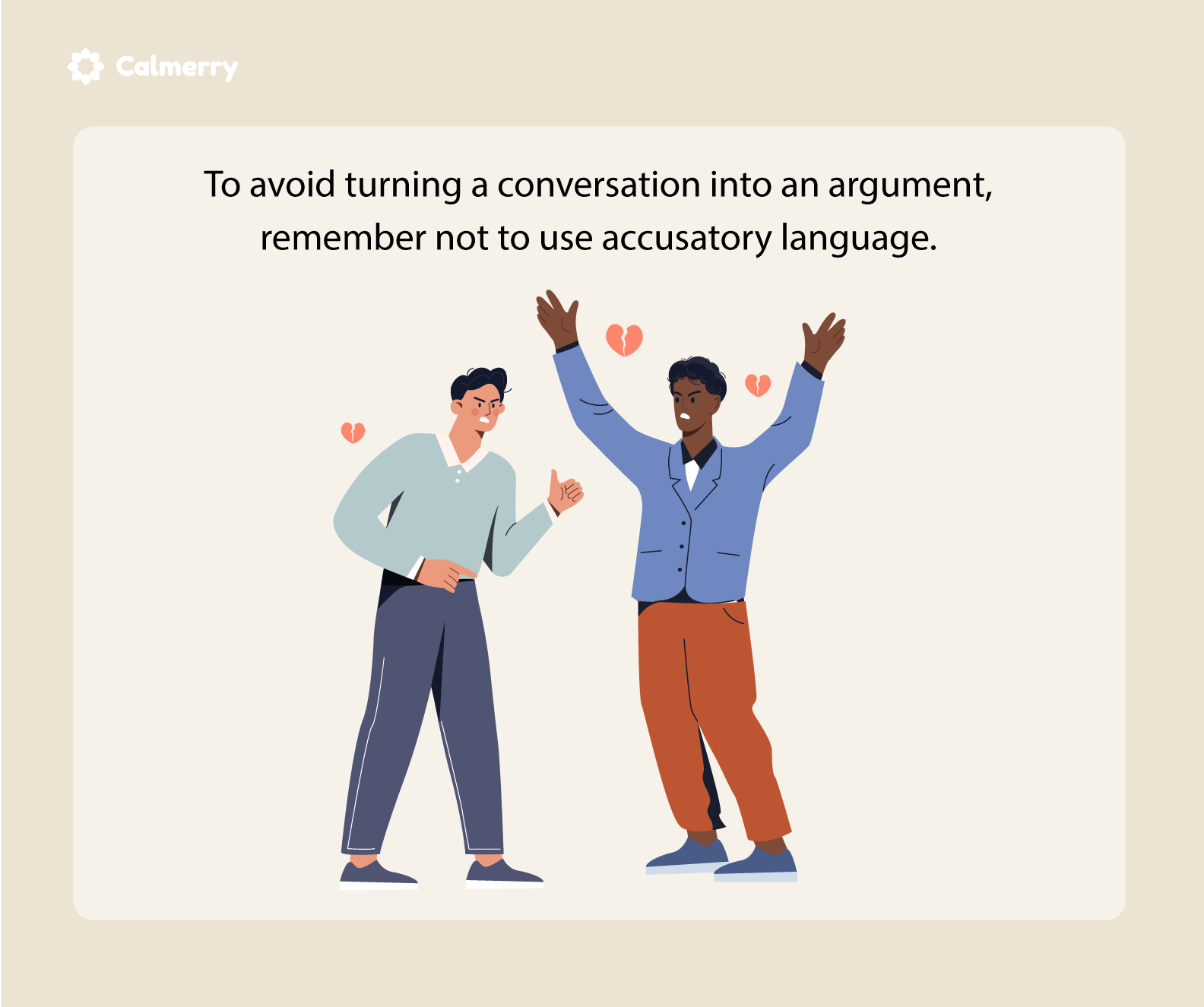
Spend some time apart
If negative feelings towards your partner are triggered often and there doesn’t seem to be any particular reason behind them, you might benefit from having a break.
Spending some time apart can give you the mental space to figure out why you might be feeling this way and whether your relationship is still good for your mental health.
While sometimes experiencing strong emotions towards a partner is your body’s way of letting you know that you need some time alone like every healthy couple does, it might also be a sign that you’re no longer compatible.
Remember to trust your gut instinct. Some things don’t work for you anymore, and that’s okay.
Learn to be comfortable with the uncomfortable
Have you ever dreamt of meeting that one special person who can make life seem simple and beautiful? If you hold an unrealistic view of what a relationship should be like, it’s not surprising that you might sometimes feel resentful that your partner doesn’t live up to those expectations.
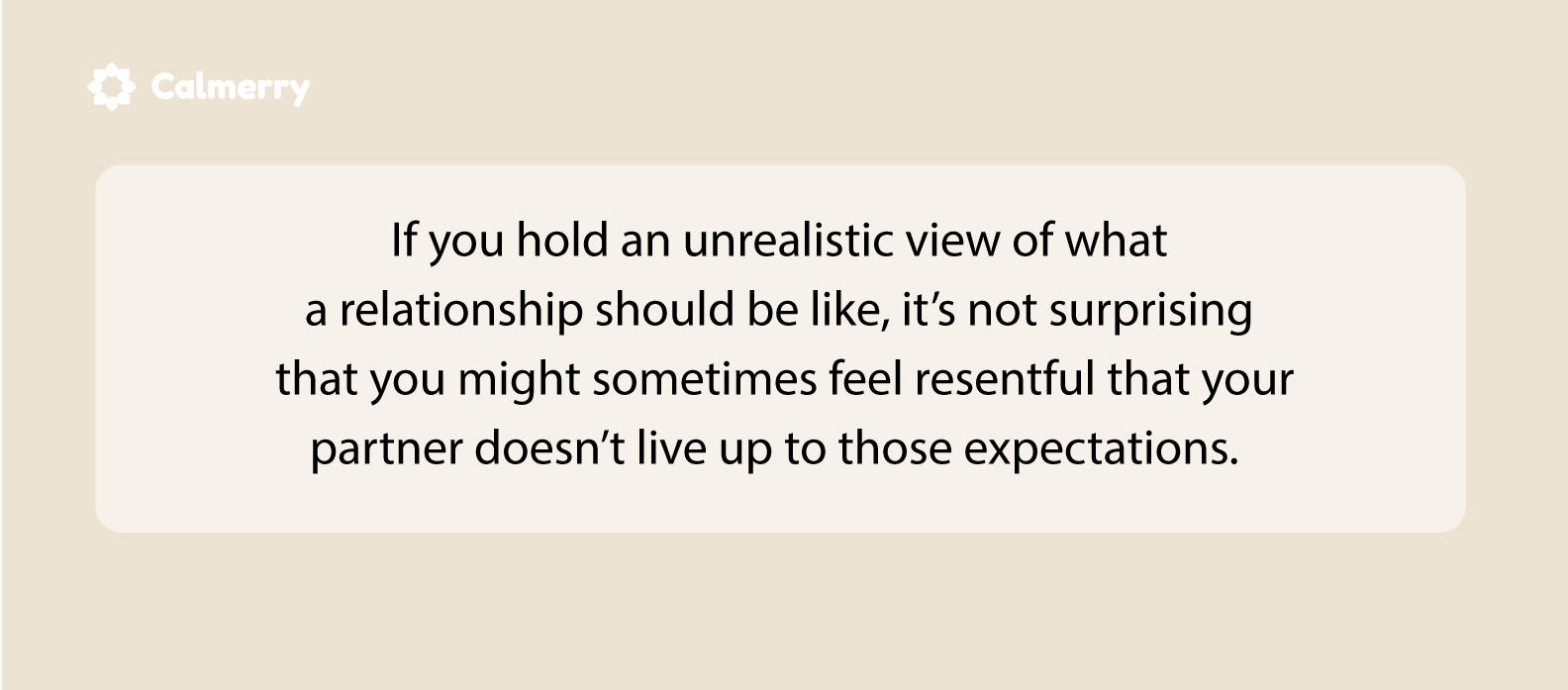
Forget what the media says about relationships. You don’t have to date a “perfect match” to be happy. Having such a high expectation will only make you feel disappointed and frustrated.
Instead, accept that everyone has flaws and that disagreements aren’t unhealthy.
Set goals and routines
If you want to feel more secure and confident in your relationship, you can always set some goals that will make you look forward to the future and strengthen the bond between you and your partner.
For example, you can introduce a rule that whenever you feel any negative emotions, you have to write them down and compare notes with your partner or that you go on a date every week, even if you’ve just had an argument.
Having a routine that allows you to work on communication skills and makes you focus on positives will make it easier to put things into perspective when you feel like you hate your boyfriend.
Get professional help
Feeling like you hate your boyfriend is normal and doesn’t necessarily mean you aren’t compatible. It’s a good idea to spend some time apart and see if these feelings subside.
And if these feelings bother you, it’s worth digging deeper: what you think is hate might be various other negative emotions that can be processed through effective communication and therapy.
In the end, no relationship is flawless, and acknowledging that such feelings can arise from time to time is a step toward understanding and resolving them with support.
Consider reaching out to a Calmerry therapist to help you navigate these complex emotions and improve your relationship. At Calmerry, our therapists are here to support you in finding clarity in individual therapy.
Start with a brief survey – and we will match you within 1 hour.
online therapy
live video session
